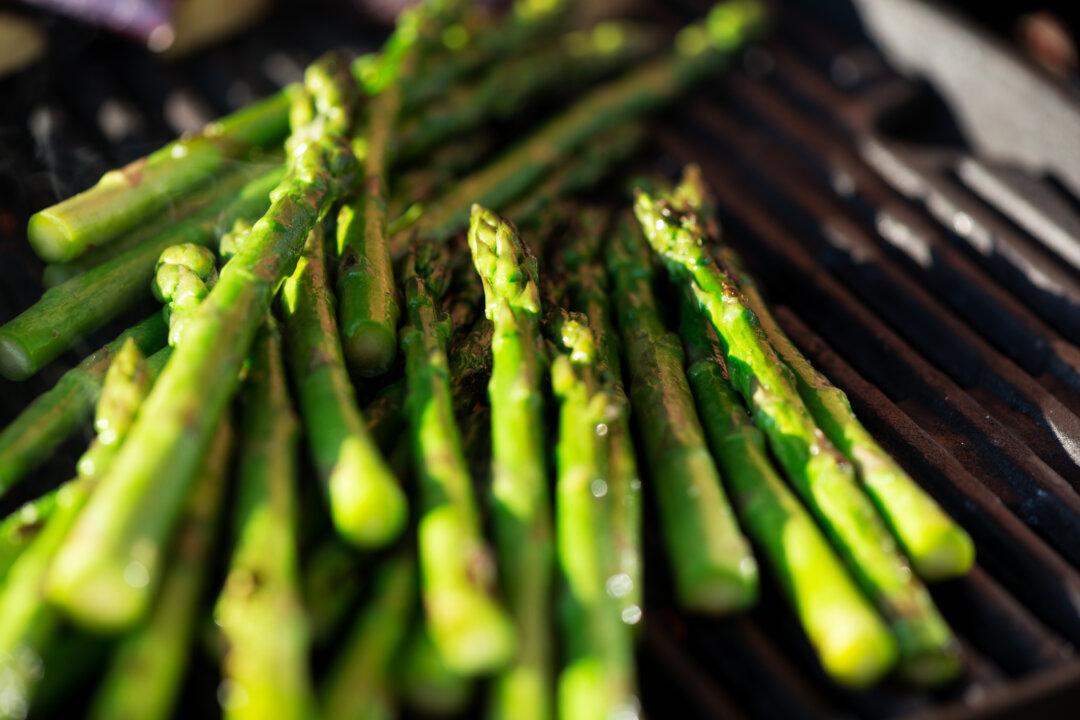Asparagus officinalis belongs to a large genus of plants grown for ornamental purposes, though it’s is one of the few members of this family that’s cultivated for food. Since its domestication, asparagus has become a favorite for its sweet flavor and tender quality, which allows it to be prepared in various ways. You can steam, poach, roast or add a handful of its stalks to soups and frittatas for added texture.
Health Benefits of Asparagus
Aside from its delectable taste, asparagus offers numerous vitamins and minerals, including calcium, folate, iron, magnesium, phosphorus, potassium and vitamins A, K and C. It also contains trace amounts of niacin and vitamin E. It’s obvious that asparagus leads the pack in both the range and amount of nutrients it supplies. Because of these nutrients, adding asparagus to your diet may offer the following benefits:- Supporting cardiovascular health — In a 2017 study from Nutrients, it was stated that numerous vegetables (including asparagus) may protect and support heart health. This may be due to the high amounts of dietary fiber and vitamins in this vegetable.
- Aiding in fetal development — As one of the best plant-based sources of folate, asparagus may help lower the risk of miscarriage and neural tube defects in unborn children.
- Lowering osteoporosis risk — Asparagus contains considerable amounts of both vitamin K and calcium, nutrients essential in maintaining bone health. Adequate levels of vitamin K in the body ensures effective absorption of calcium, lowering the risk for bone fractures.
Studies Done on Asparagus
The active components of asparagus have been the subject of numerous scientific studies, mainly focusing on steroidal saponin content. In a 1997 study from Planta Medica, researchers isolated two oligofurostanosides from asparagus seeds, which were found to have cytotoxic effects on human leukemia cells. This coincides with a 2010 study published in Phytochemistry Reviews, where triterpene and steroid saponins triggered apoptosis in tumor cells and cytoskeleton disintegration.Asparagus officinalis extracts may also protect against oxidative stress and liver and kidney damage as reported in a 2018 animal study from Toxicology Reports. Wistar rats were co-administered bisphenol A (BPA) and asparagus officinalis extract (AOE), with BPA inducing oxidative stress in both the liver and kidneys. AOE provided the rats with liver and kidney tissue protection, significantly lowering the effects of BPA.






